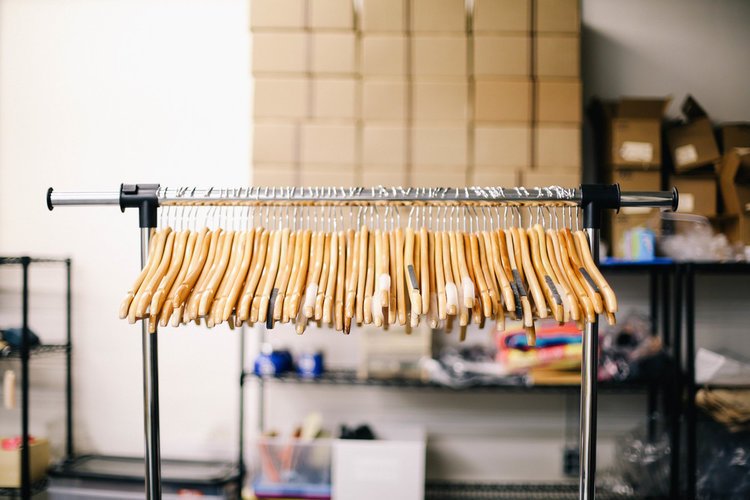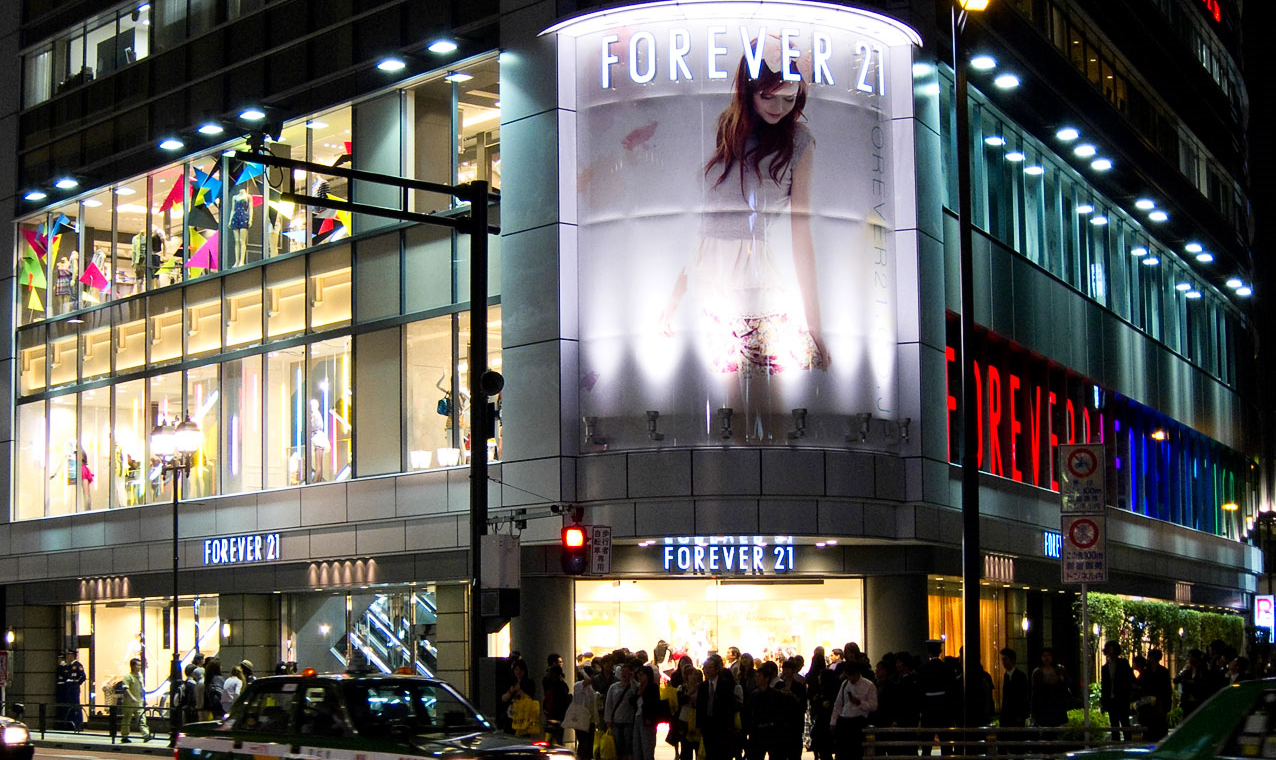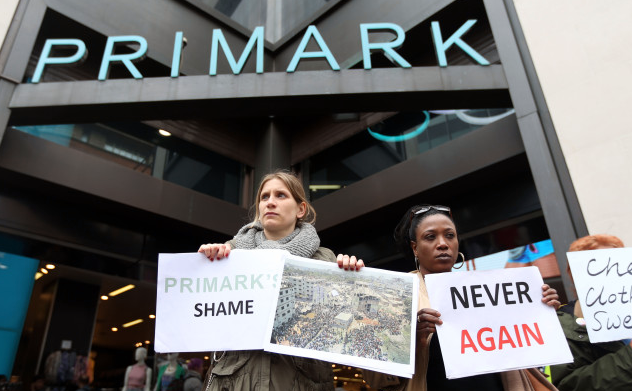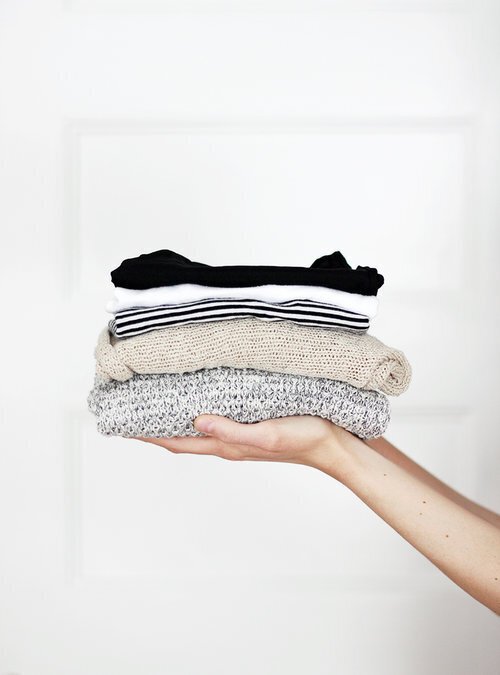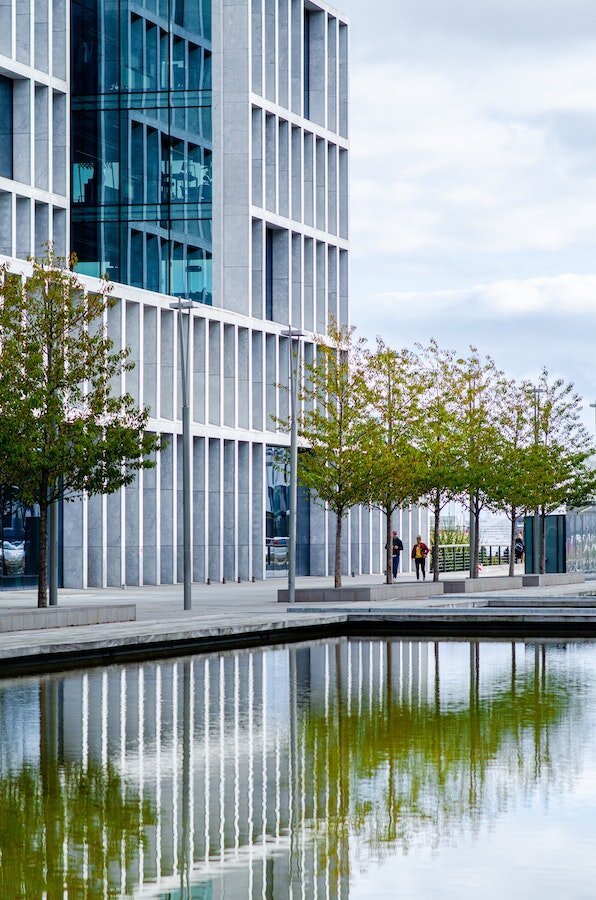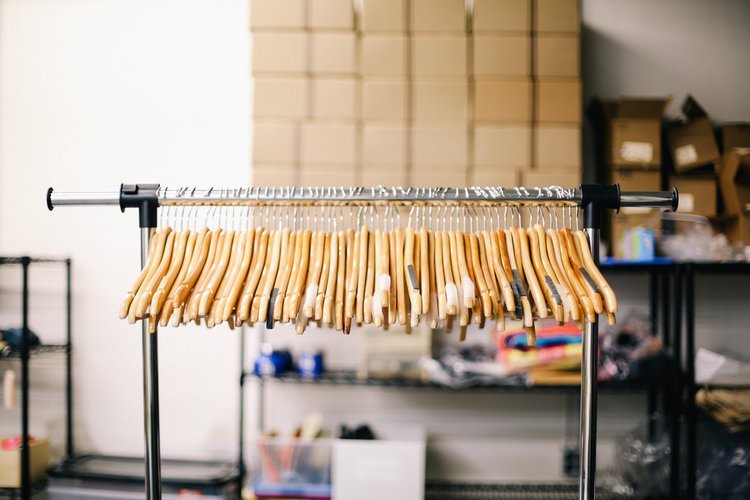
The Truth Behind Fast Fashion & Forced Labor
Fast Fashion Is Not Good For You Or The Planet
When people hear the term fast fashion, they know it isn’t on trend with the eco-friendly and sustainable fashion movement but not exactly why it is a problem, and labor exploitation and forced labor isn’t typically what comes to mind. More commonly known is that fast fashion results in pieces that aren’t built for longevity so they quickly fall apart. That isn’t good for consumers’ time or pocketbooks.
People also frequently know that expediency in fast fashion often trumps concern for environmental health and designers have produced pieces with pesticides, insecticides, formaldehyde and other known carcinogens.
According to a December 2013 press release by the Center for Environmental Health some well known fast fashion chains such as Forever 21, Wet Seal and Charlotte Russe still produced lead-tainted purses, belts and shoes. This isn’t just problematic for the environment and workers but also for the consumer.
Fast Fashion Often Means Forced Labor
People generally know that fast fashion means that companies frequently export their production overseas so that they can maximize their bottom line. What is more obscure is the connection between production overseas and inadequate protection of workers.
Many nations don’t have adequate labor laws, the laws they do have aren’t always enforced, and government complicity and corruption often hinders governments’ attempts to enforce existing laws. In fact, the first writing I did on forced labor in the garment industry for the book Human Trafficking Around the World: Hidden in Plain Sight was of government-sanctioned work-study programs in China that were simply a veiled means to supply school children to factories for forced labor. The children faced dangerous conditions and excessive hours with mandatory overtime.
In one particular case, children under the age of 18 were allegedly forced through a government transfer program to work in the Longfa Shoe Factory in China’s southeastern Guangdong Province, which is owned by Taiwan-based Dean Shoes Co. Ltd., a supplier of footwear to Nike, Inc.
Spokespersons for both Nike and Longfa Shoe Factory denied the allegation that underage workers were being used and said hiring underage workers would violate company policies. Parents said that officials forced them to participate in the program, making the children use fake or swapped identification cards to make it appear as though they were older.
Rana Plaza
Occasionally stories like this make the news. The most recent notable discussion on the treatment of garment industry laborers sparked after the Rana Plaza building in Dhaka, Bangladesh catastrophically collapsed into rubble in May 2013, killing more than 1,100 workers and injuring at least 2,000 workers.
The disaster heightened media and consumer awareness and interest in the ethical sourcing of apparel. This put pressure on clothing companies to illustrate that they were taking measures to alleviate the working conditions that led to the disaster.
So far, the Accord on Fire and Building Safety in Bangladesh has 190 apparel brand, retailer and importer signatories from over 20 countries in Europe, North America, Asia and Australia. (Note: Not all of the large retailers linked to Rana Plaza have signed the accord. Some of these retailers have given donations to compensate survivors and families of the dead for lost income and medical expenses, while others have not.)
Accords like this are essential and shouldn’t be dismissed, but the building blocks for disaster are the garment industries’ consistent demand for low cost labor and high margins dangerously and potently mixed with poor nations where labor laws are inadequate and often continue to go unenforced. This creates opportunity for willing complicity on the part of companies and complicity and corruption by governments.
The pressure for real change is most likely going to come from the pinch of the garment industries’ pocketbooks. This is best executed through consumers.
Mobilizing For Change
Discussions on labor exploitation and forced labor can cause us all to feel helpless and turn away from the topics. This isn’t because we don’t care, but because too often we do not know where to begin. What is striking about the response to the collapse in Bangladesh is that, as consumers, we were not complacent and our outrage and concern triggered worker protection. This illustrates that through our pocketbooks and our vocalized objections we can make a difference for people countries away that are making the clothing we all wear everyday.
By turning to shops with ethically sourced goods, consumers are sending the message to fast fashion companies that they demand ethical sourcing and garment transparency and anything less won’t do. If done in large numbers, this will force fast fashion companies to slow down, reframe and give consumers what they want.
Stephanie Hepburn is an independent journalist whose work has been published in Americas Quarterly, USA Today U-Wire, and the journal Gender Issues. She is a weekly and monthly contributing writer for the New Orleans Times-Picayune. She has written two books on human rights, Women’s Roles and Statuses the World Over and Human Trafficking Around the World: Hidden in Plain Sight. In October 2014, she founded the online ethical clothing boutique Good Cloth, which specializes in pieces that are good for workers, the planet and the consumer.
